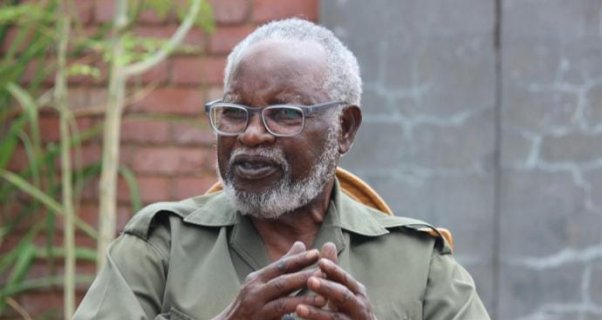In a message shared on his Facebook page, João Lourenço expressed his condolences to the Namibian people and highlighted that the first President of Namibia, who died on Saturday at the age of 95, used all his energy and experience to build a "strong" and "democratic" nation, with solid foundations on the path to progress, prosperity and well-being for the Namibian people.
He also praised his contribution to boosting the Southern African Development Community (SADC) with initiatives that helped to reinforce "its catalytic role in regional integration and the development of the southern part of the continent".
As leader of the South West Africa People's Organisation (Swapo), the liberation movement he co-founded in 1960, Sam Nujoma won Namibia's independence in 1990 from South Africa, which had taken control of the territory from Germany after the First World War.
In 2021, he dismissed Germany's offer to pay more than 1 billion euros in compensation for the massacre of tens of thousands of indigenous Herero and Nama people, considered the first genocide of the 20th century, as insufficient.
"Namibia must return to the negotiating table with Germany," he said, describing the offer as "terribly insignificant".
Born on 12 May 1929 into a farming family, Sam Nujoma was the eldest of ten children. He tended cows and goats until, at the age of 17, he left his remote northern village to move to the western port city of Walvis Bay.
He discovered discrimination against black people and soon became a trade unionist, attending night classes where he met pro-independence activists.
Forced into exile in 1960 in Botswana, then Ghana and the United States, he had to leave behind his wife and four children.
As head of Swapo, he launched the armed struggle in 1966. The war of independence cost more than 20,000 lives. When he became president, Sam Nujoma refused to set up a commission to examine the atrocities committed during the 23-year conflict between Swapo and pro-South African death squads.
After retiring from politics, he returned to school and obtained a master's degree in geology, convinced that the mountains of Namibia were full of untapped mineral wealth.







